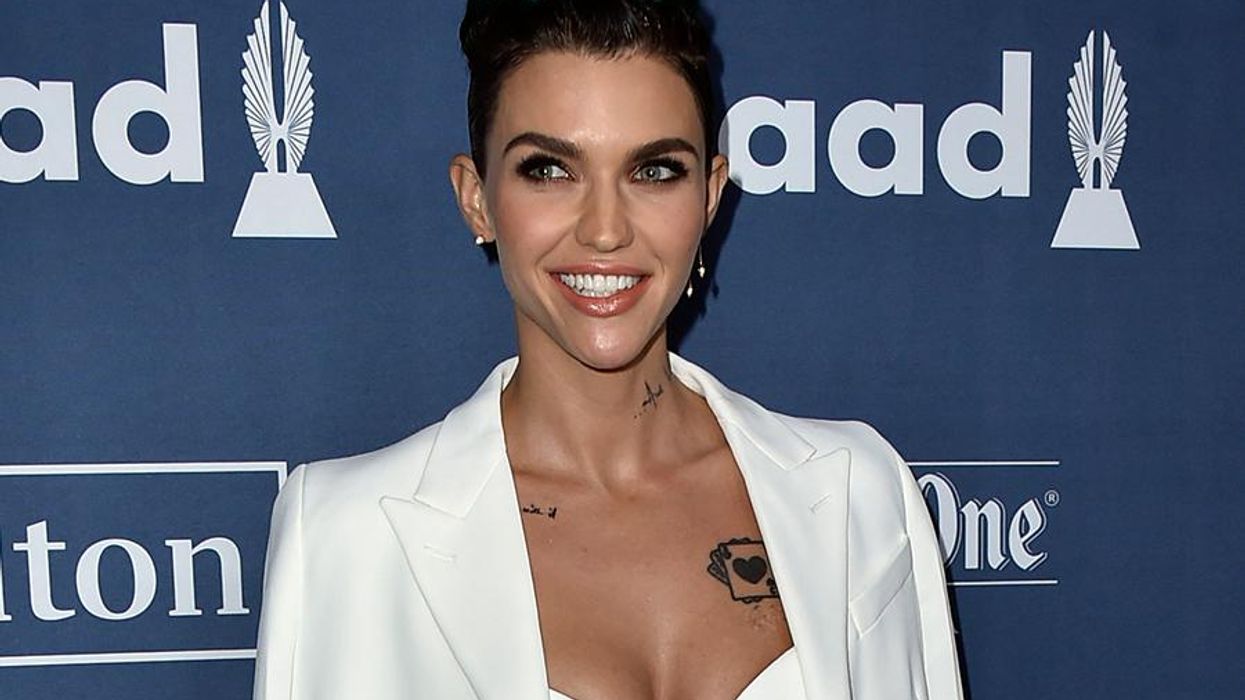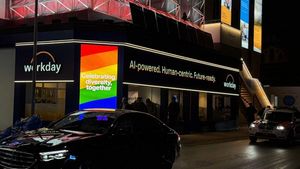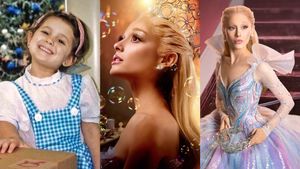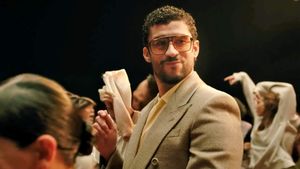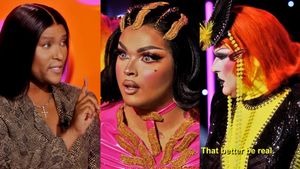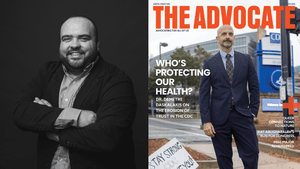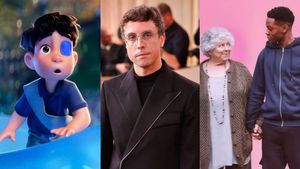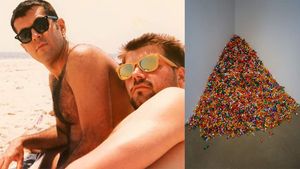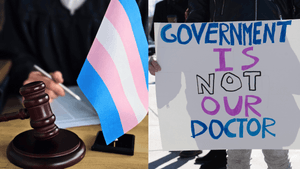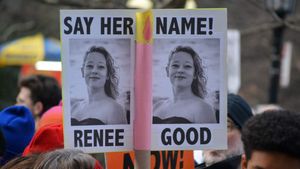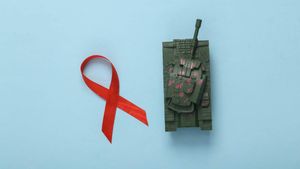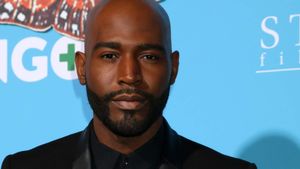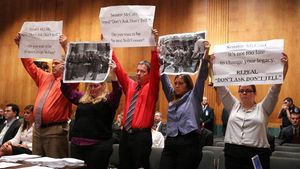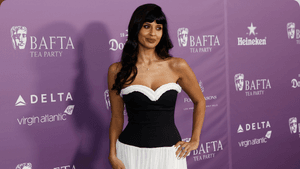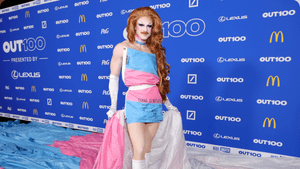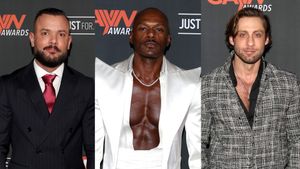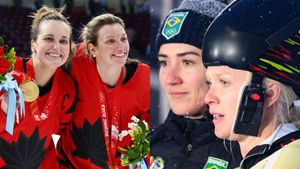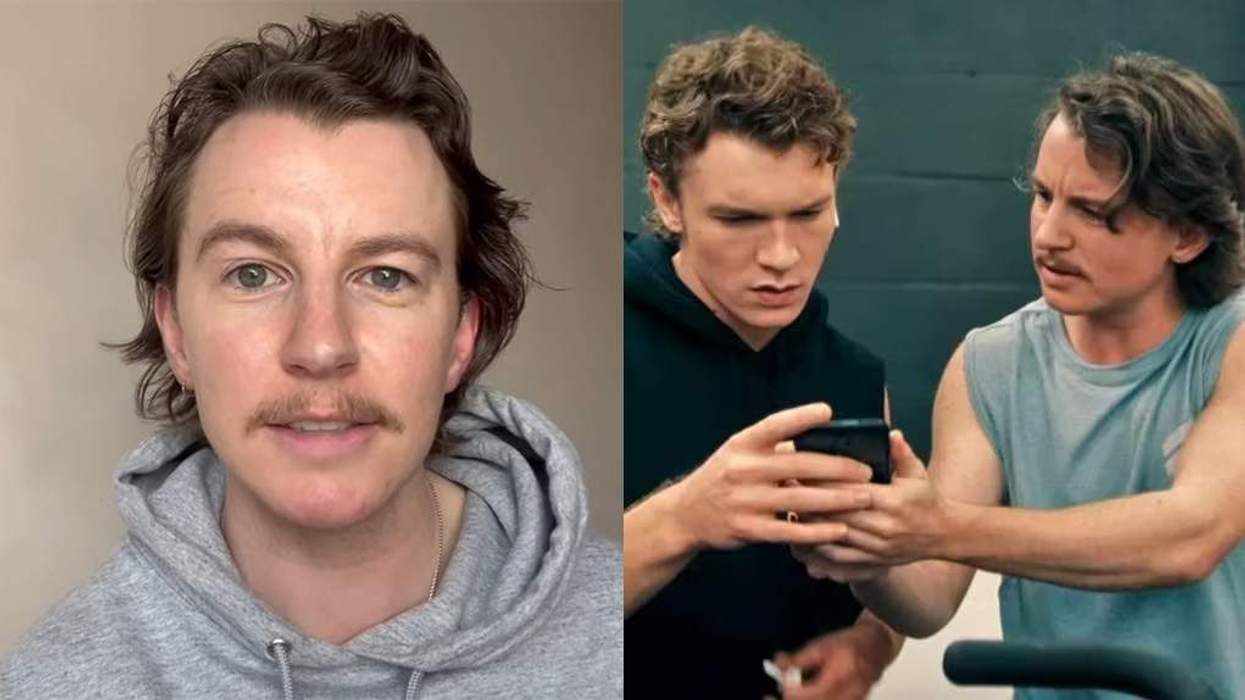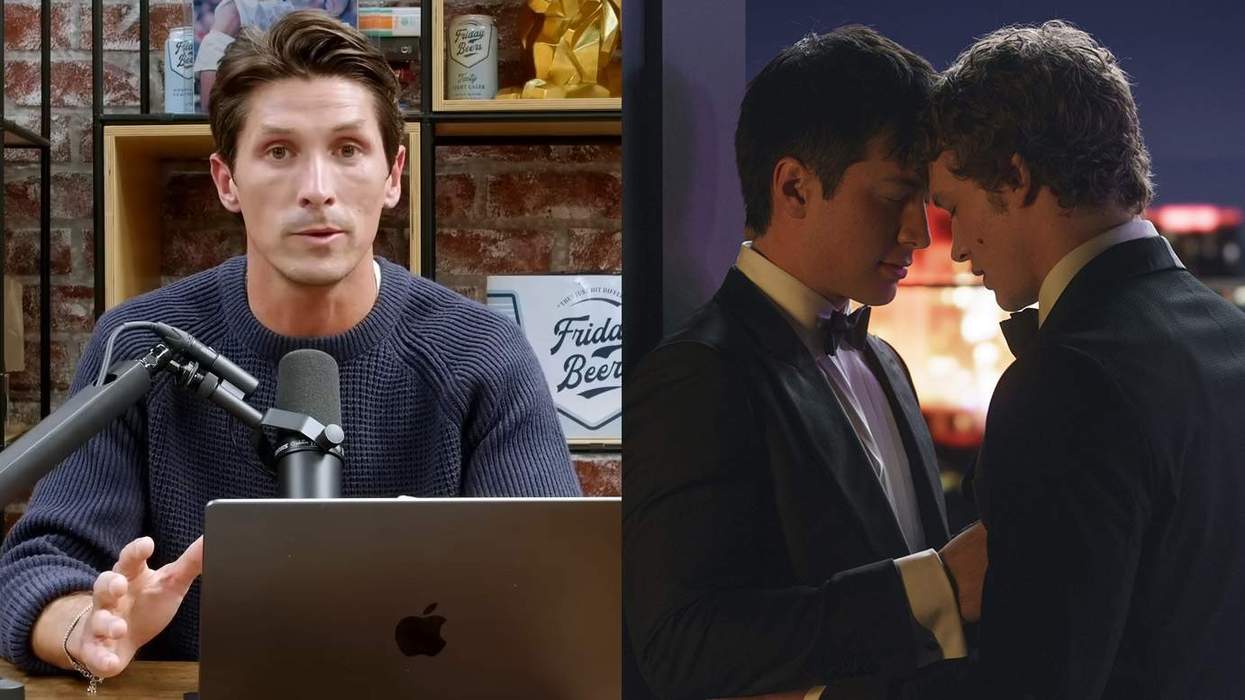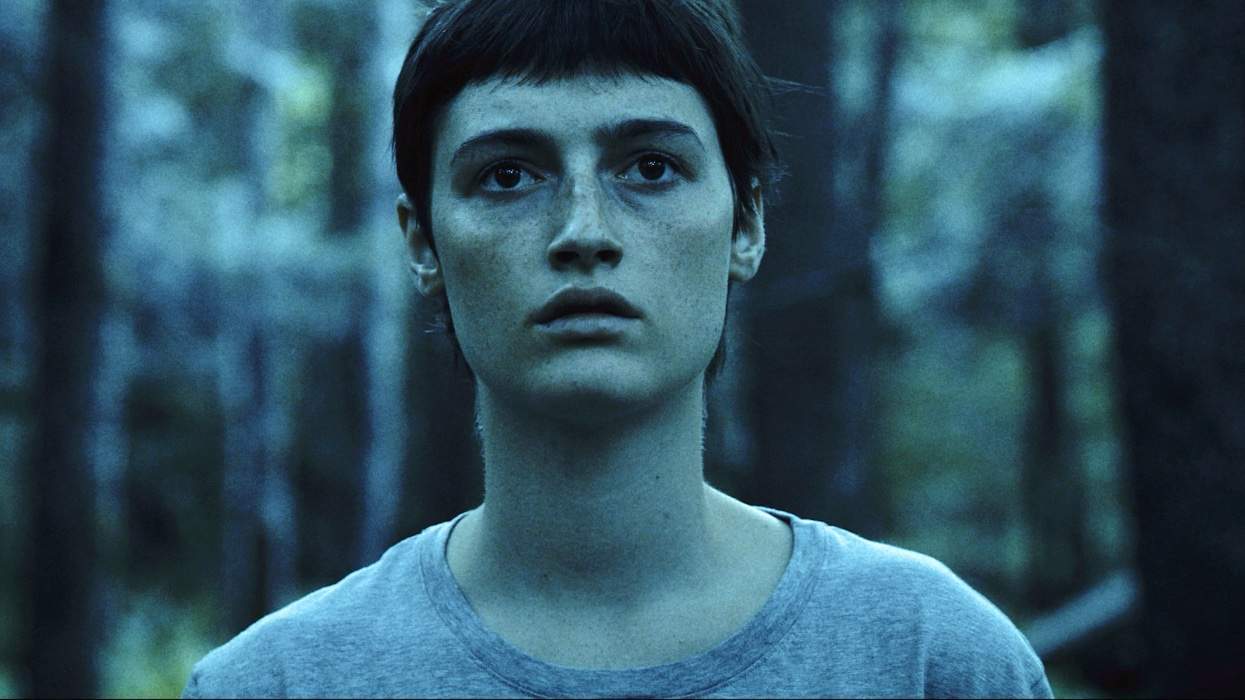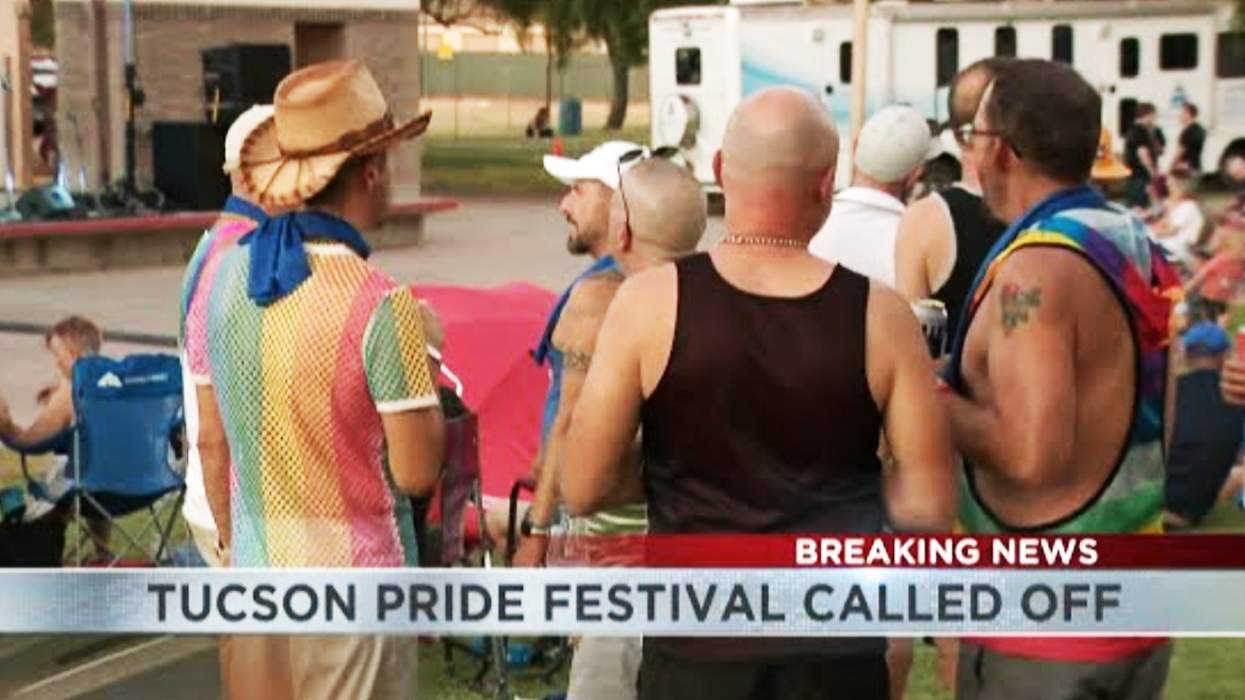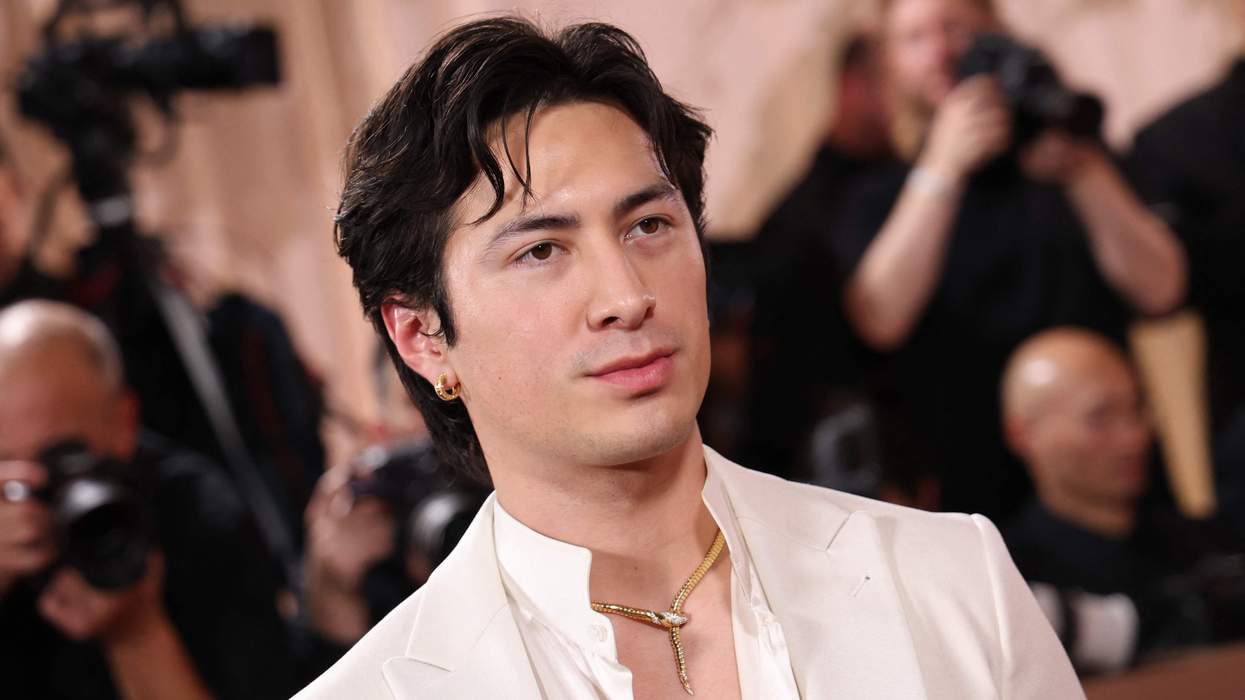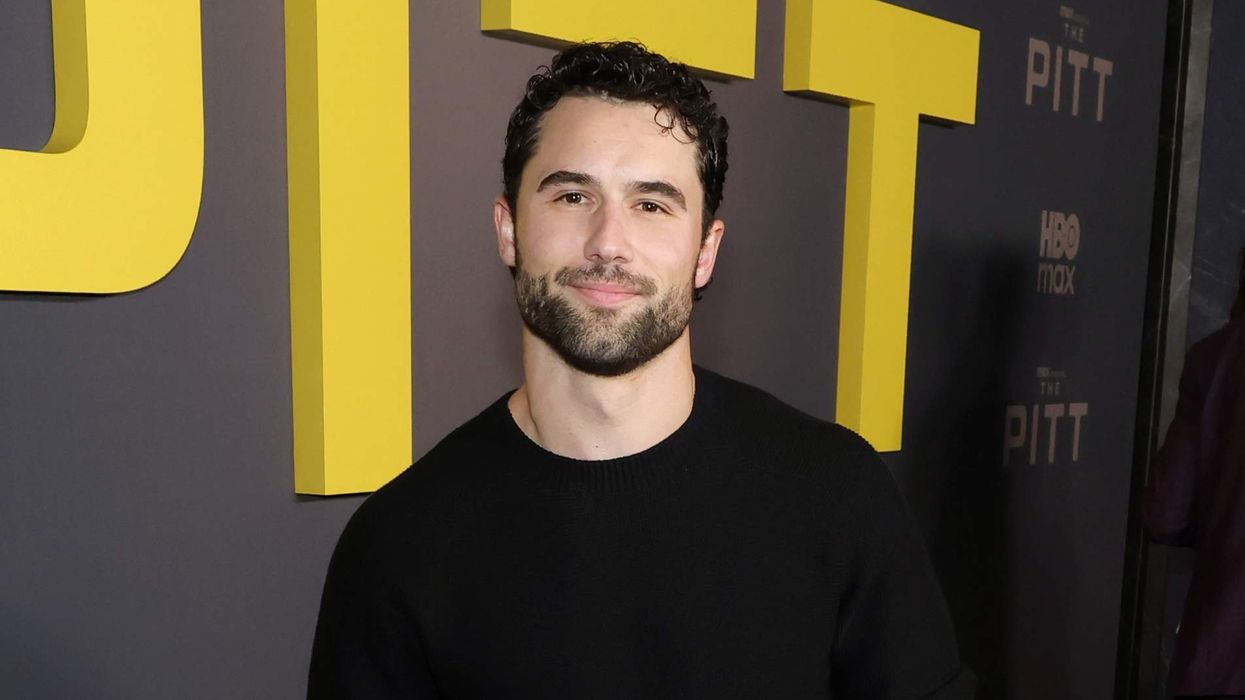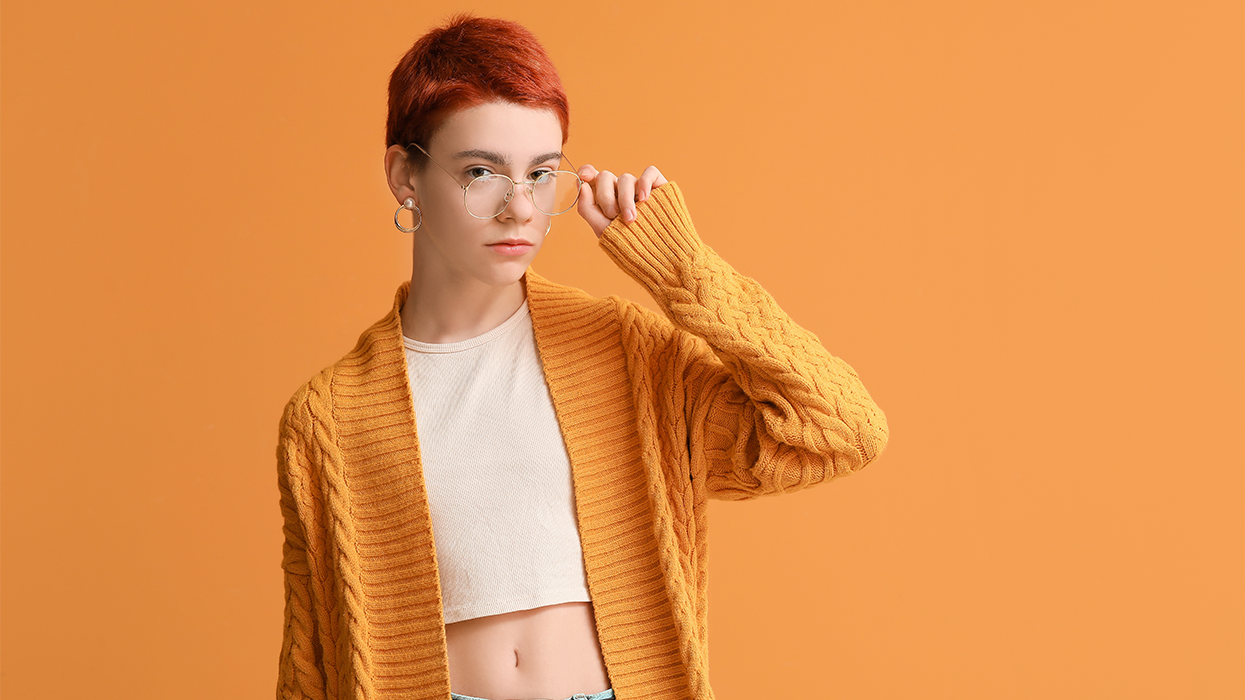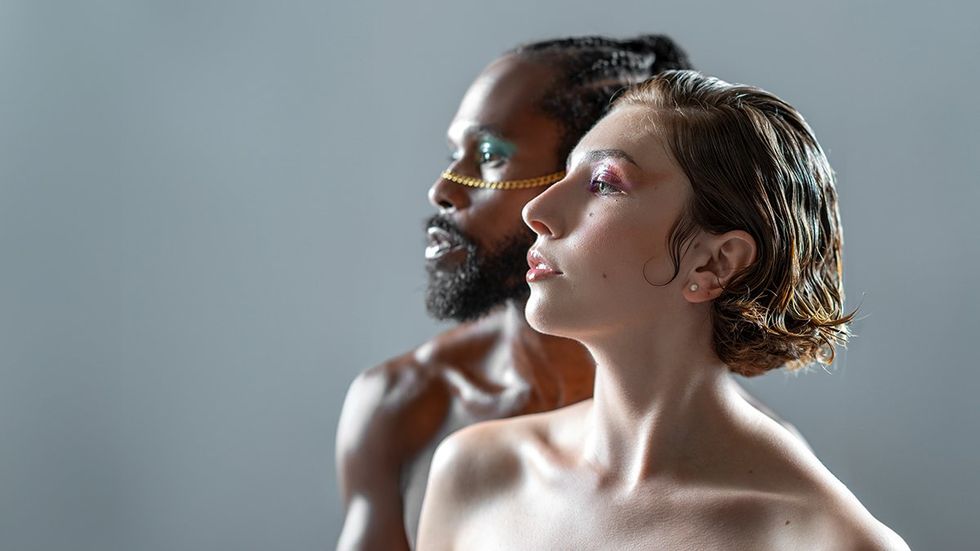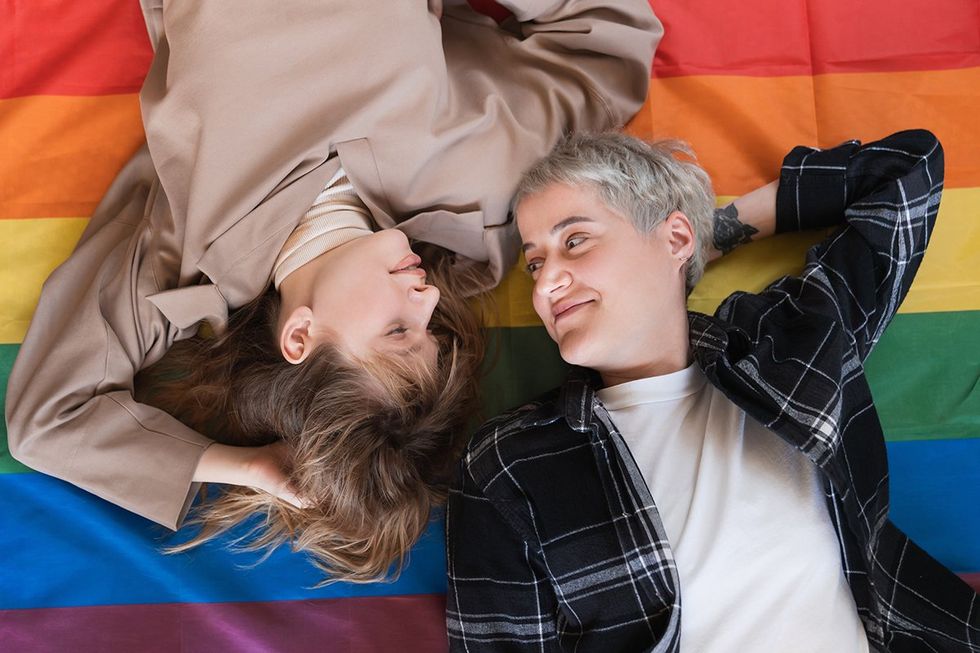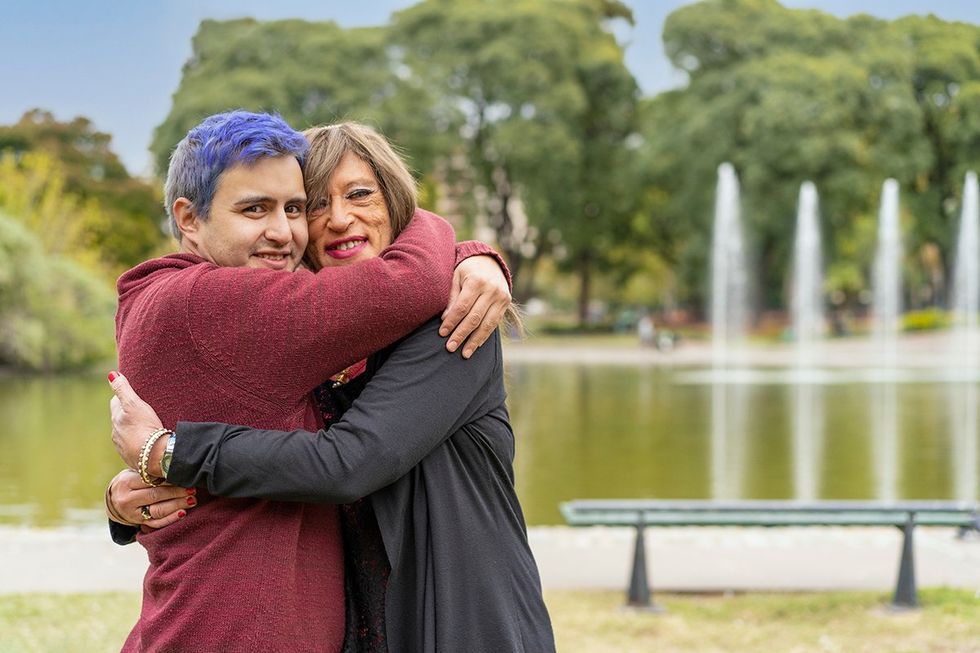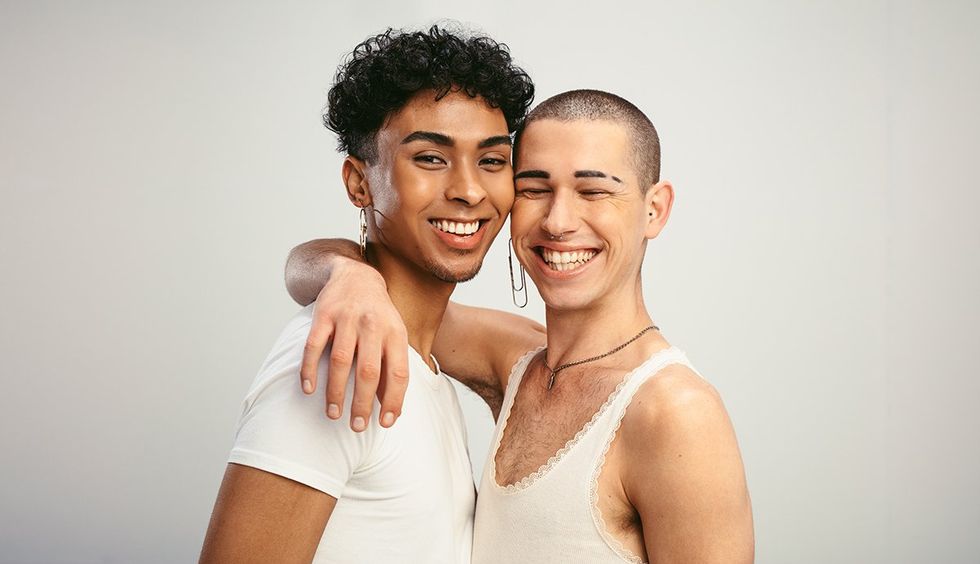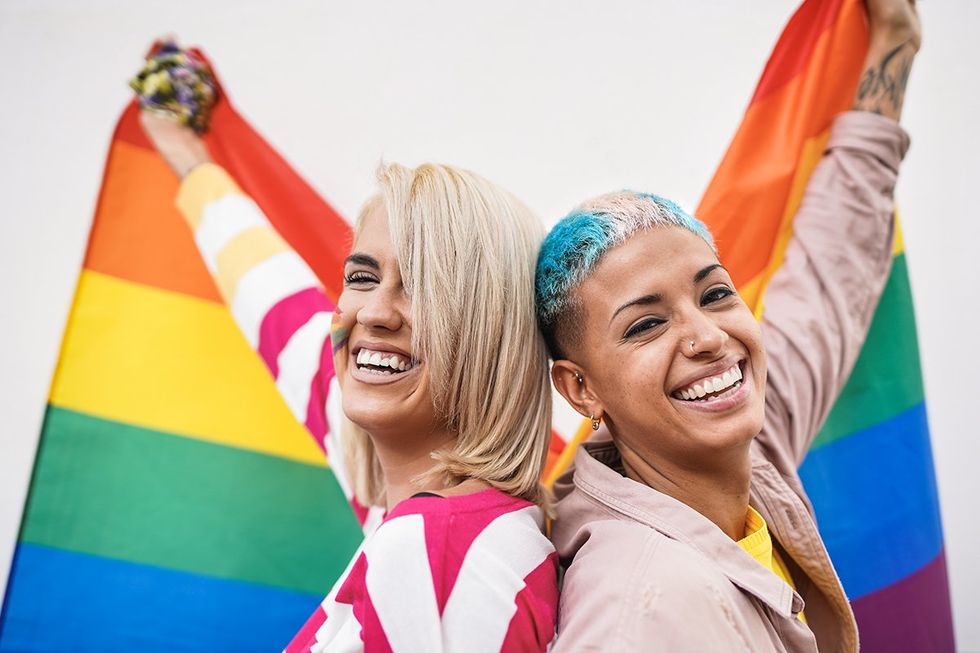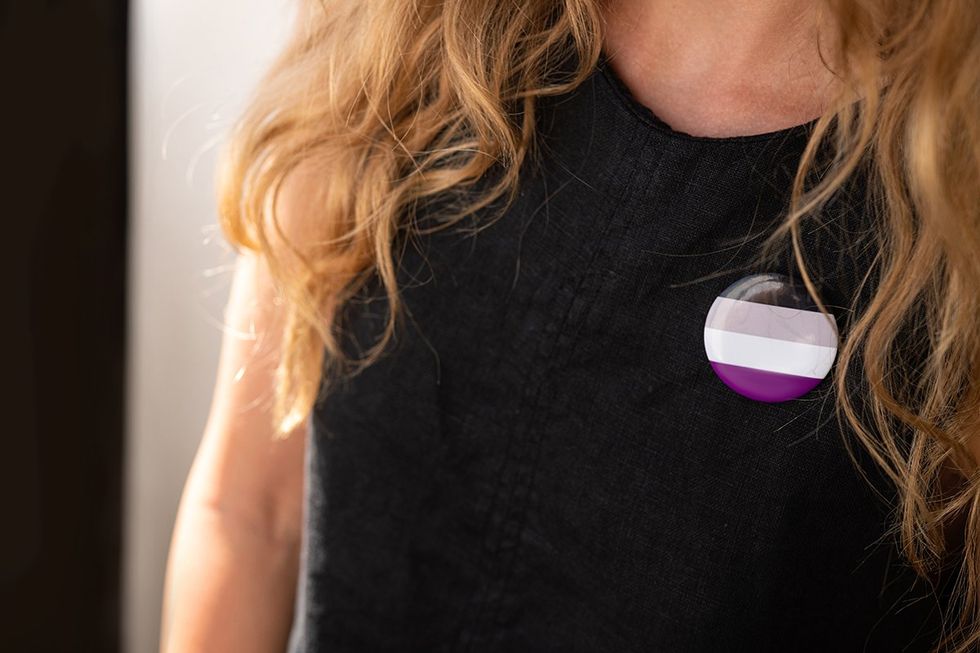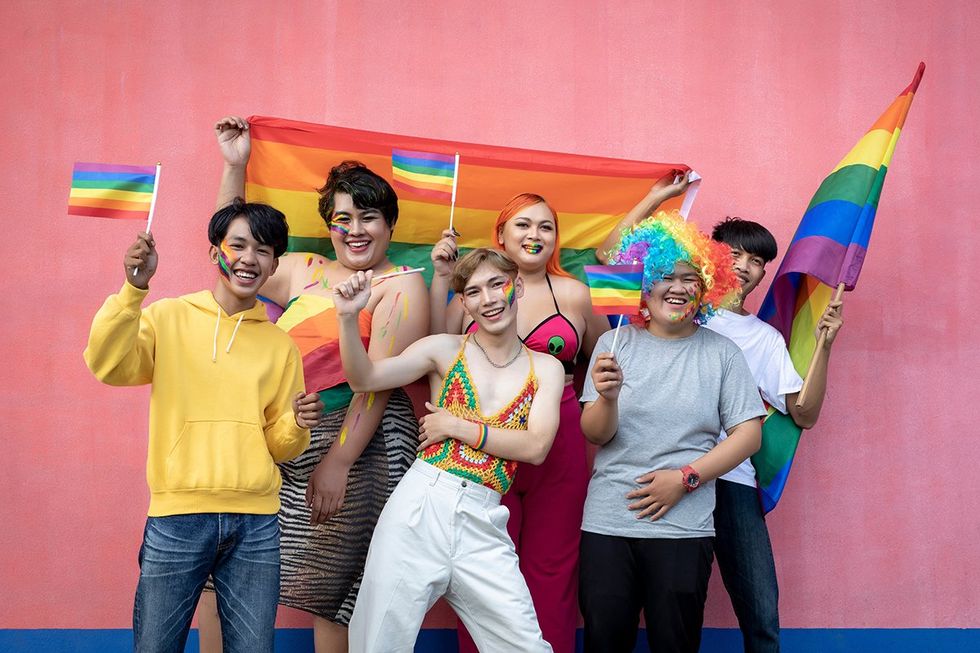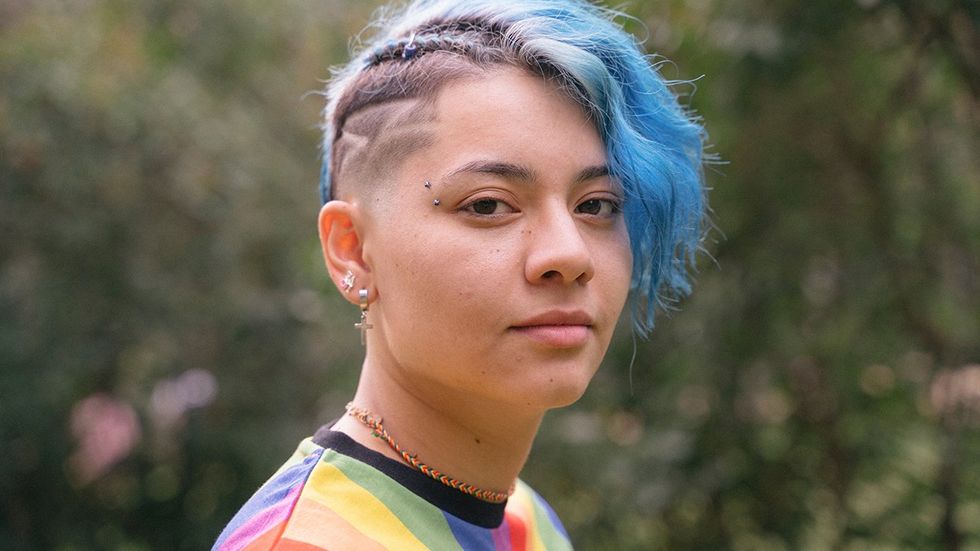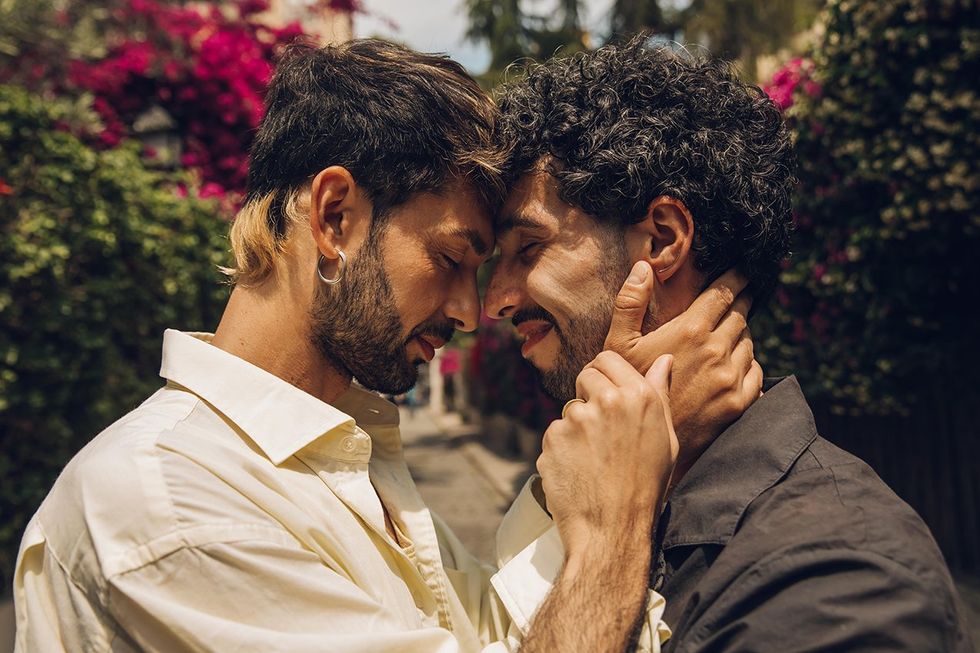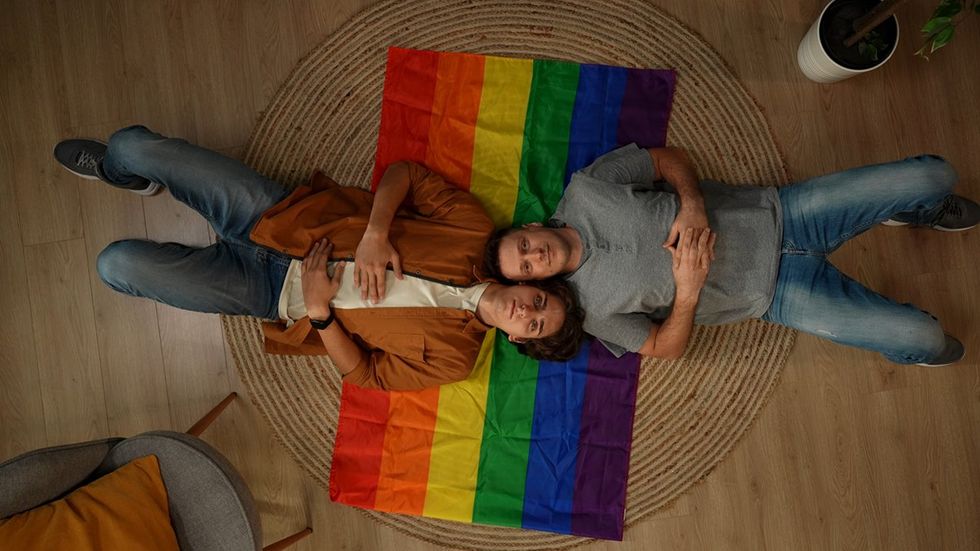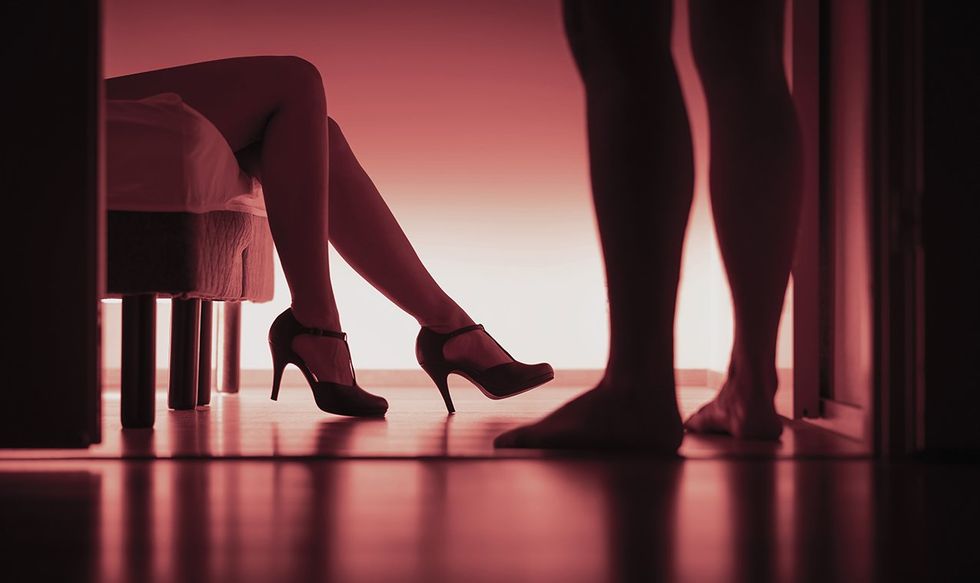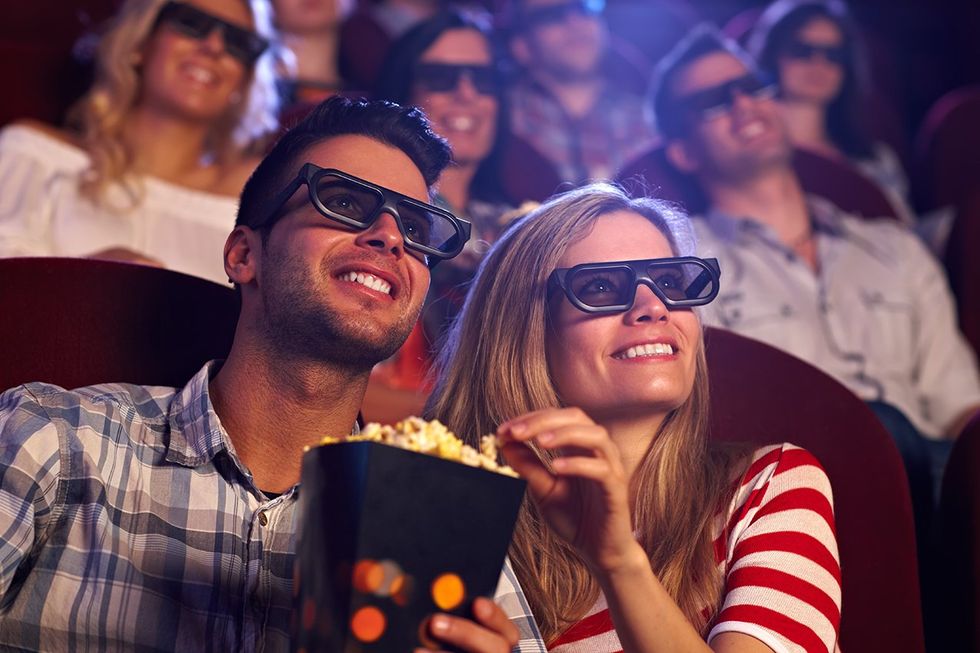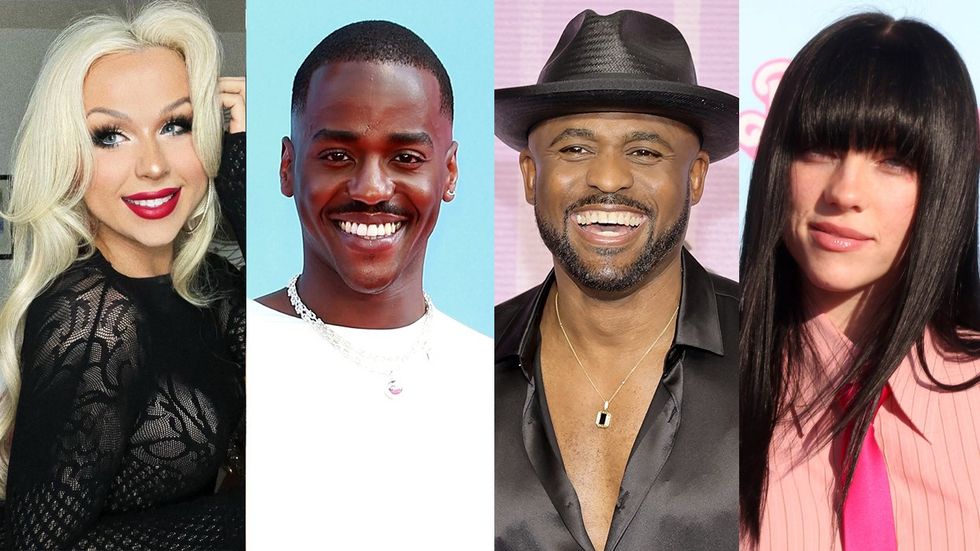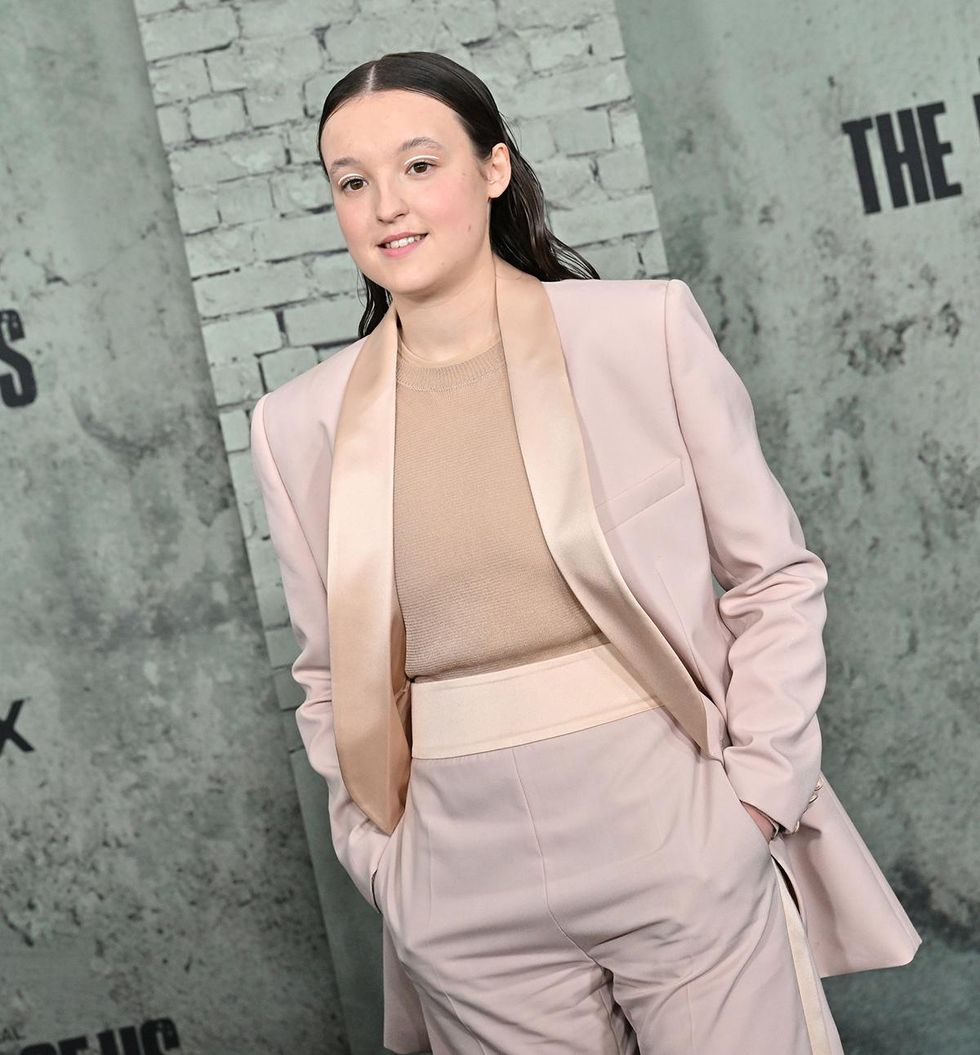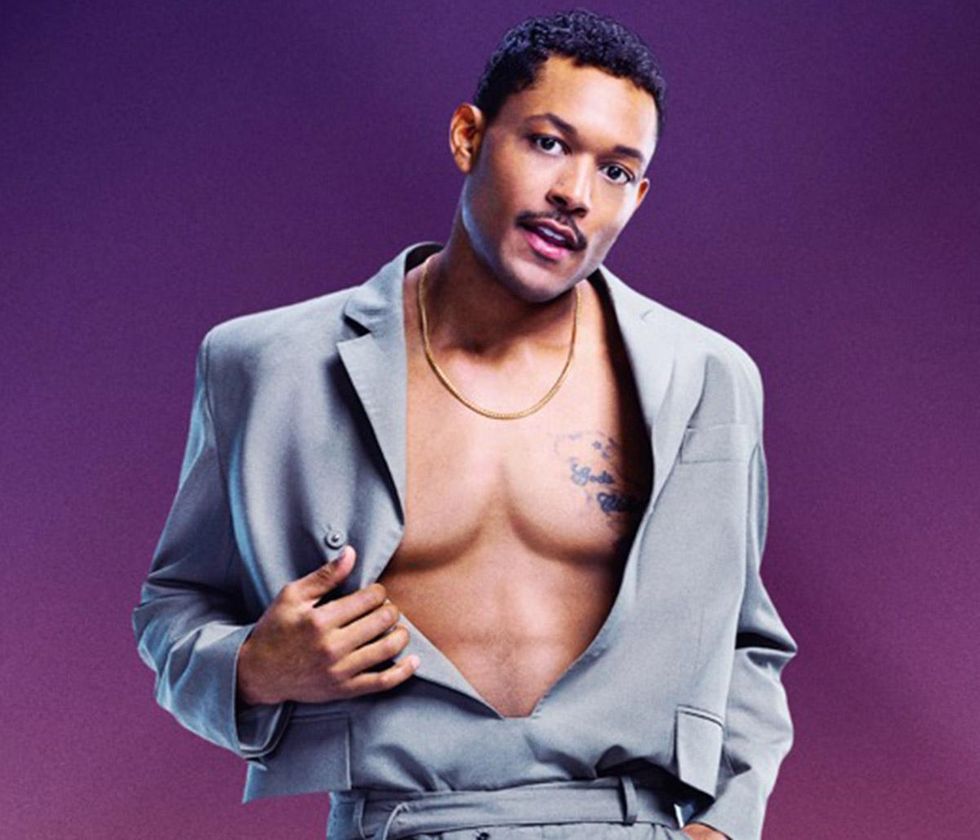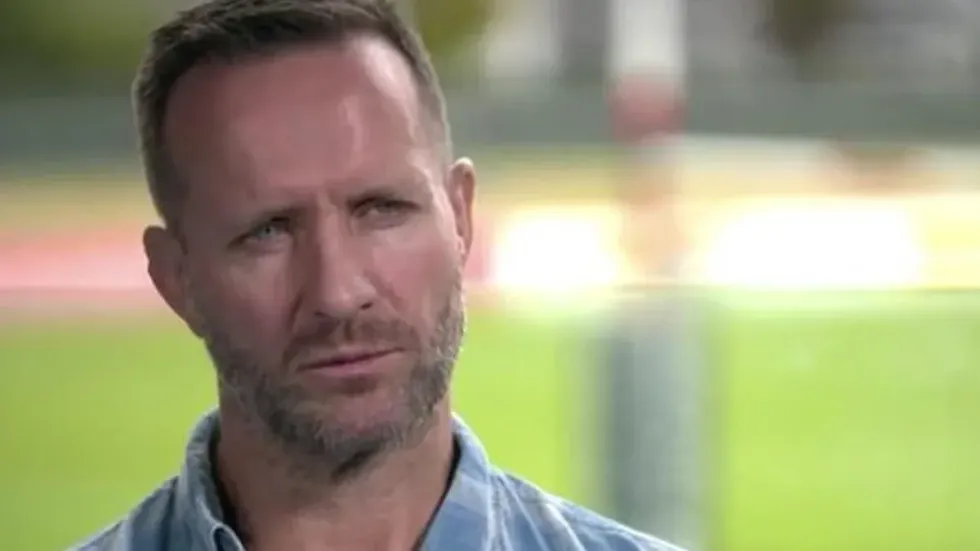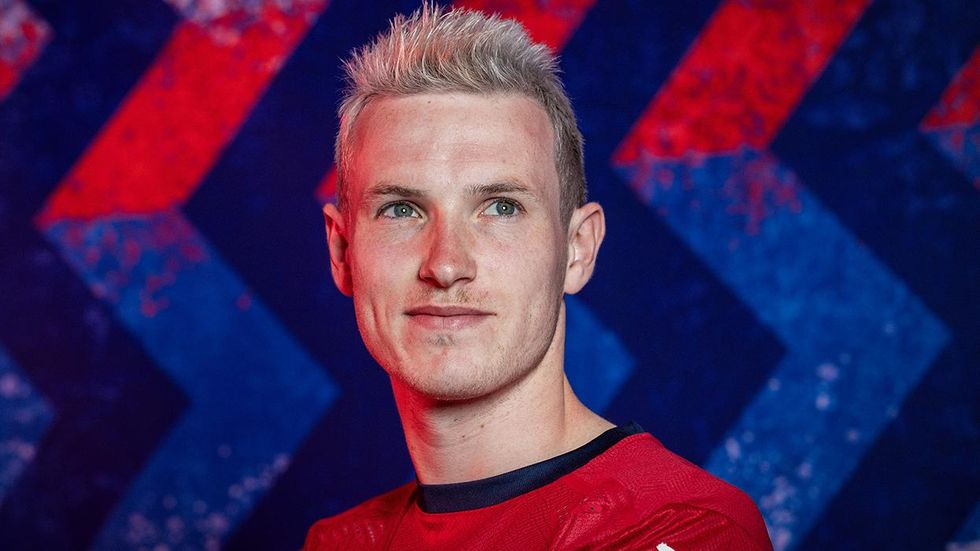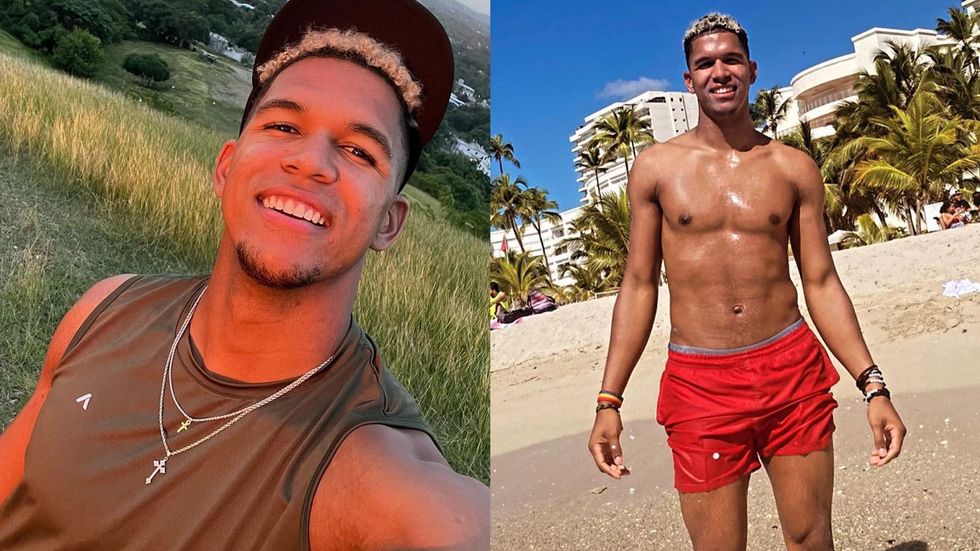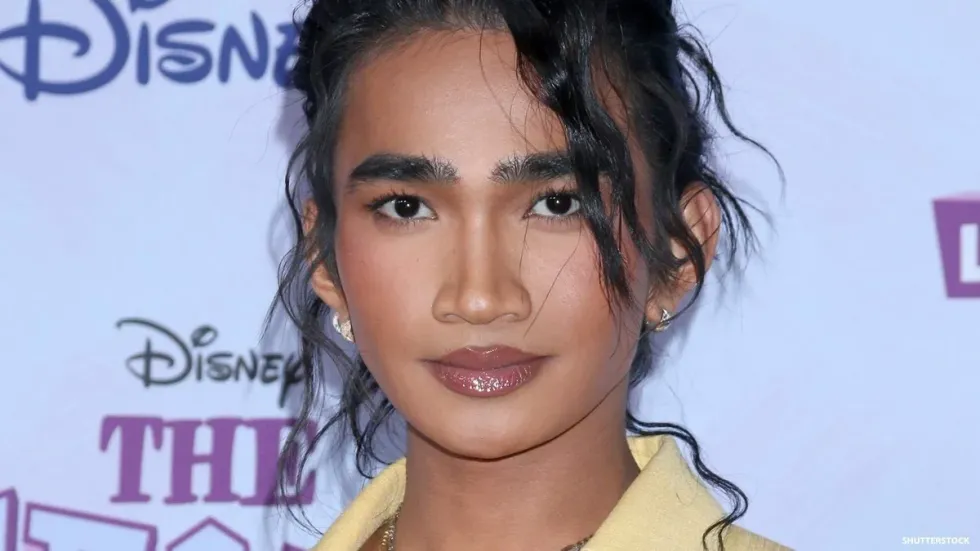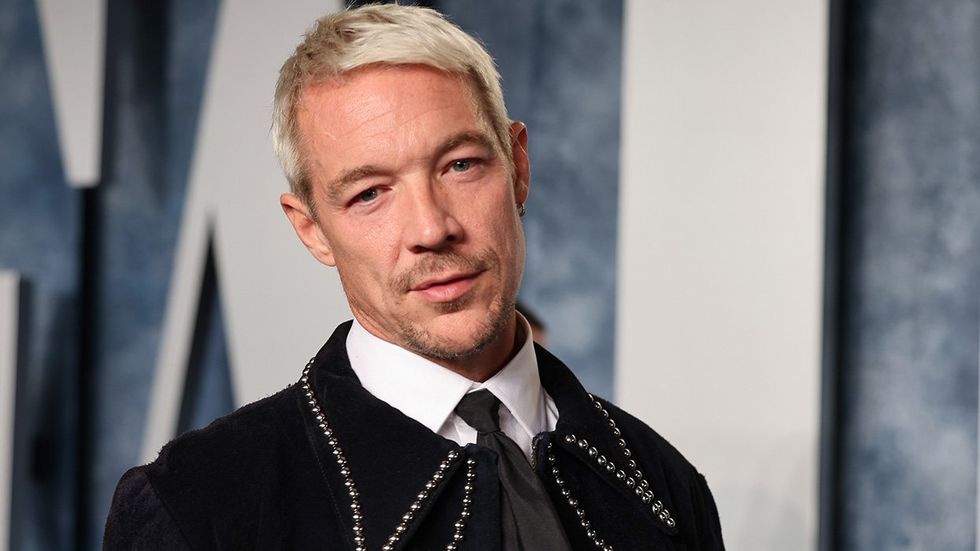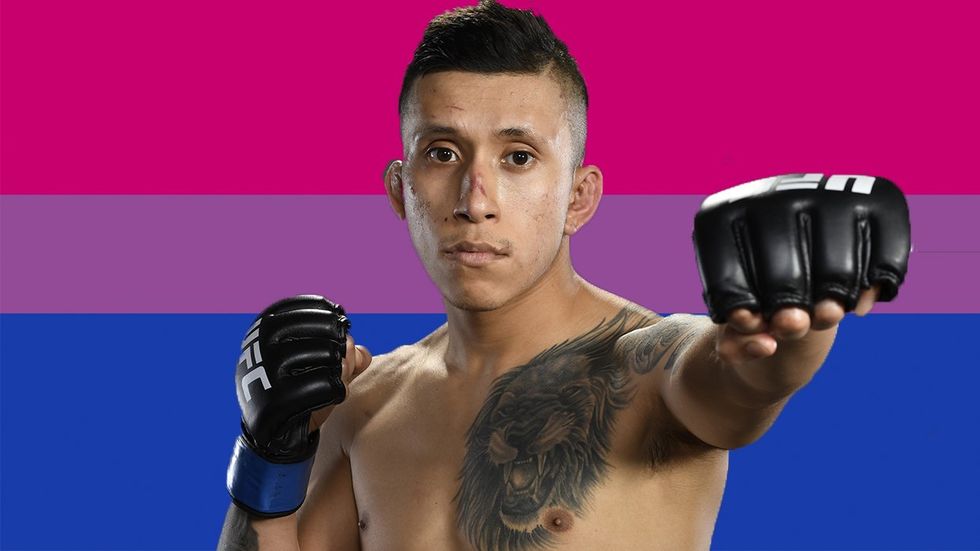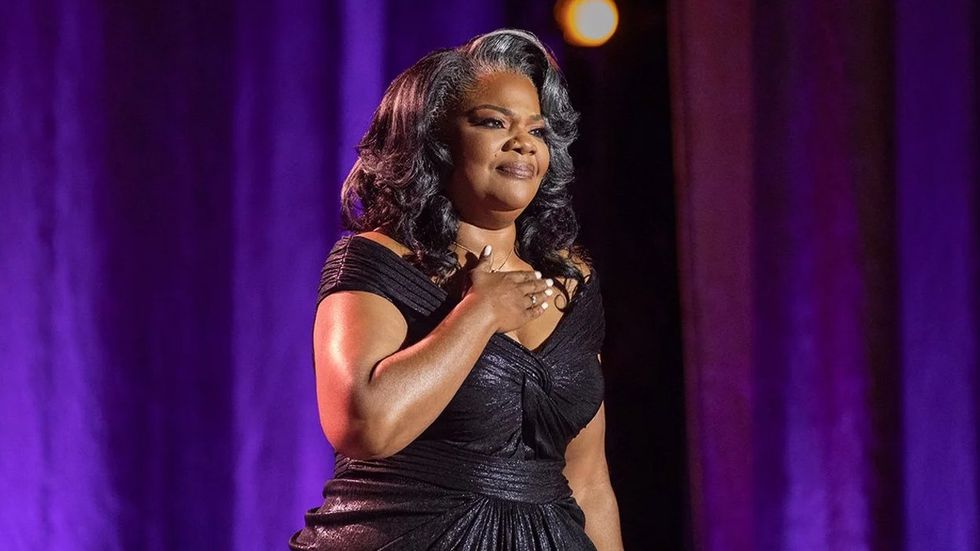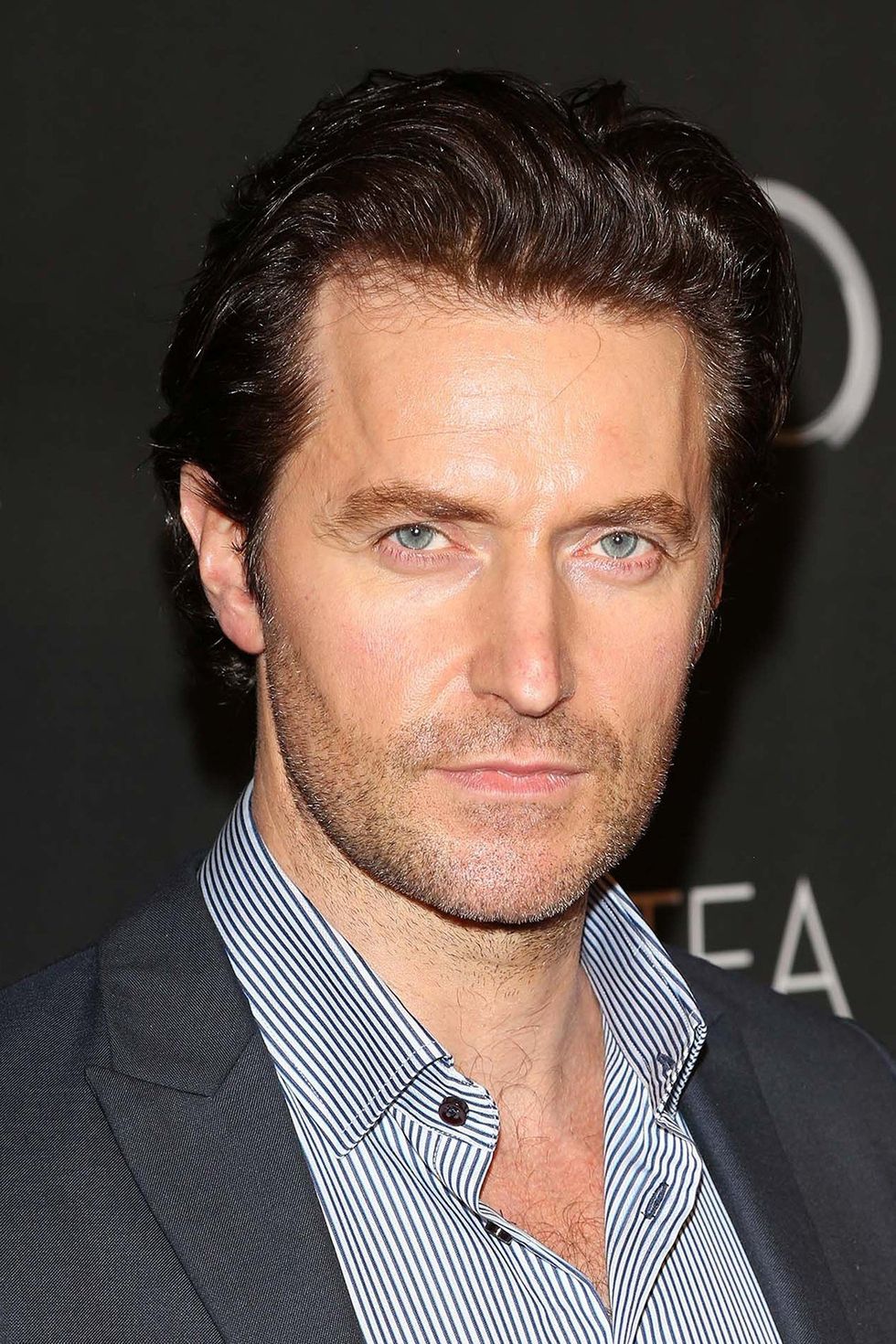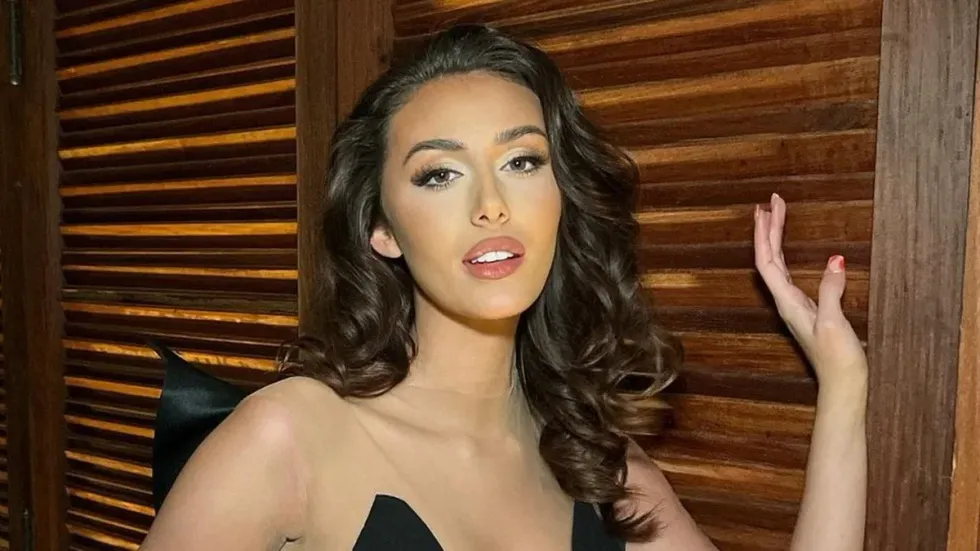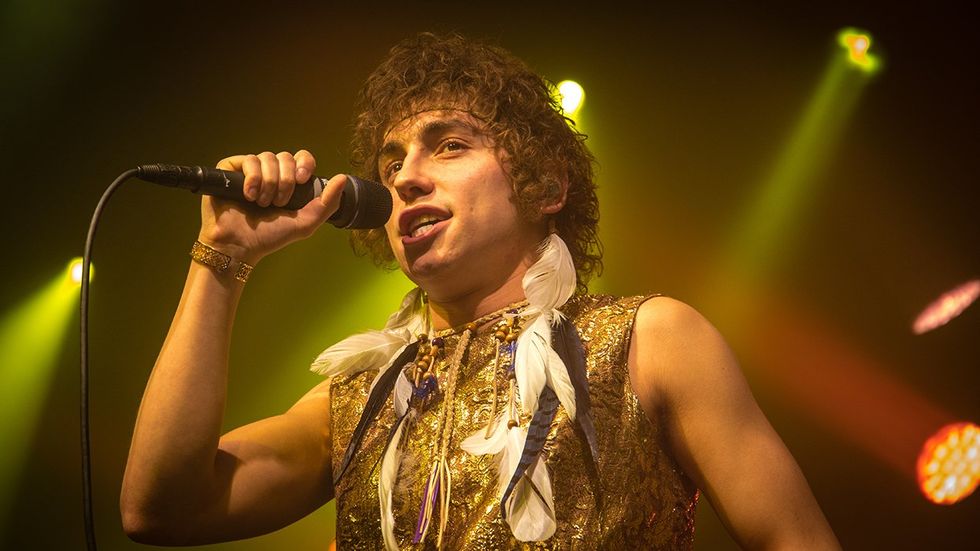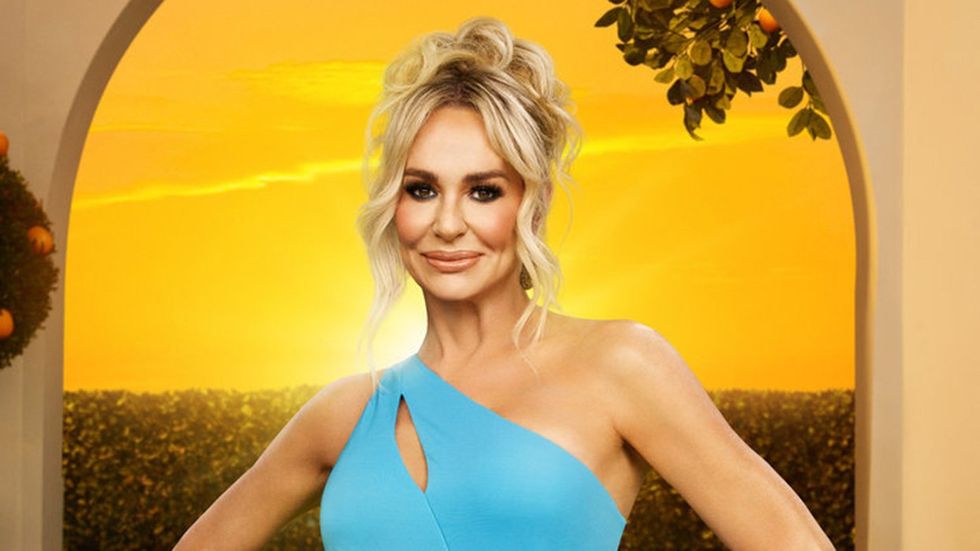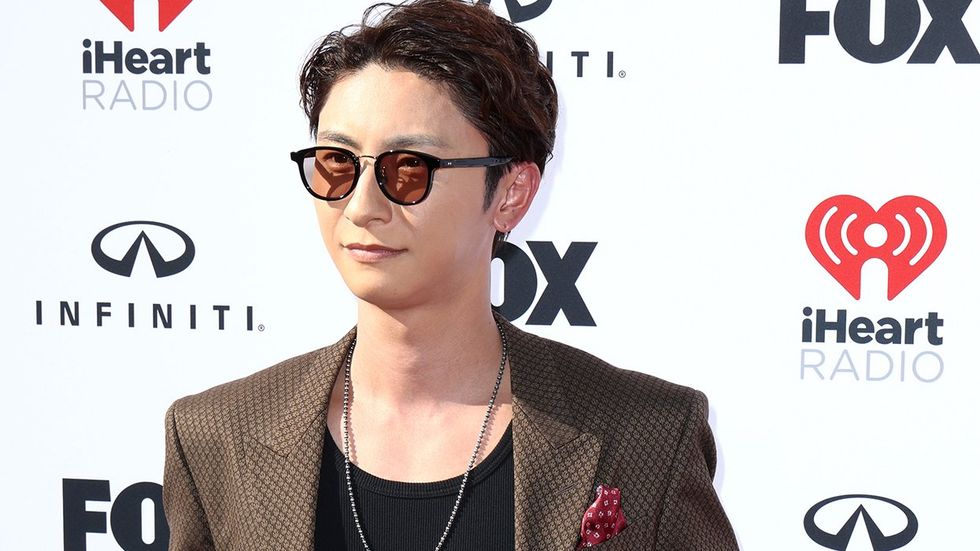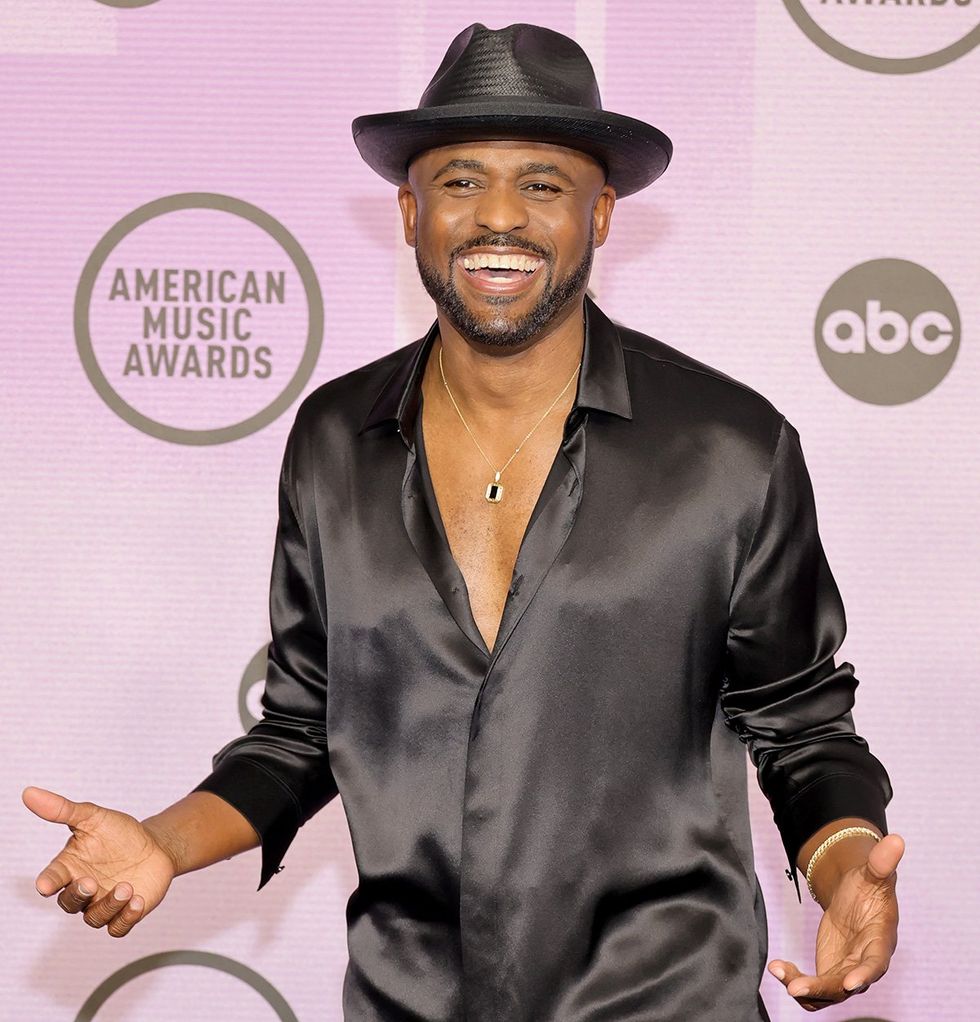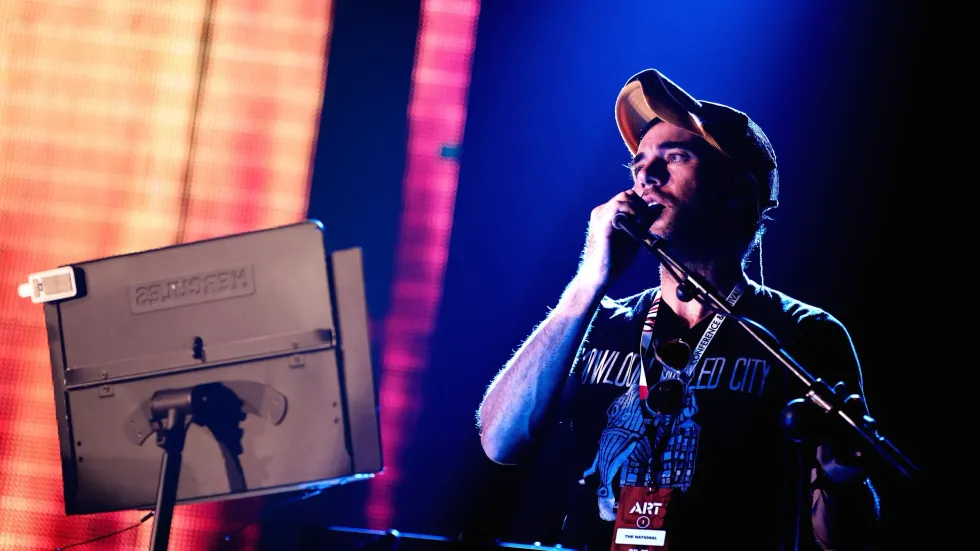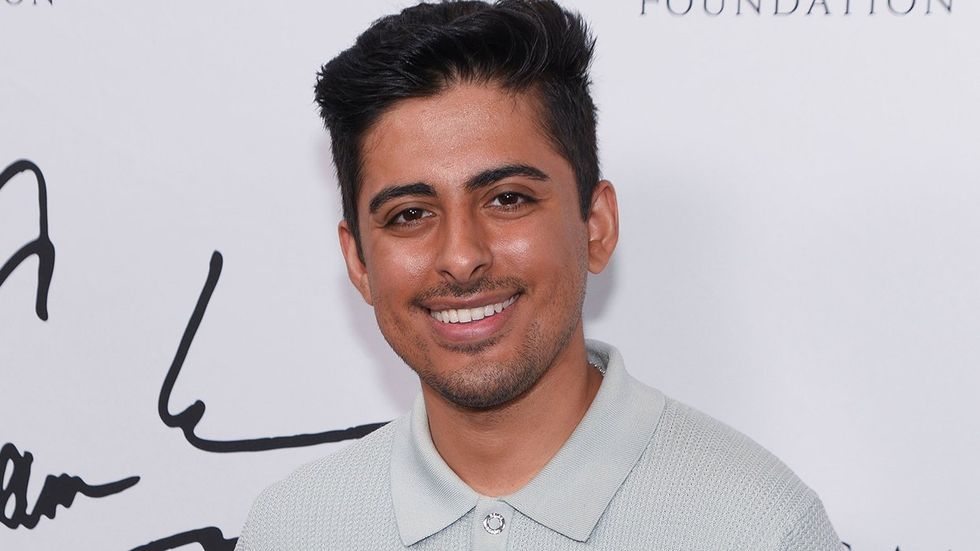Mainstream society is spending more and more time talking about gender identity — and we’re thankful as hell for that. With celebs like Janet Mock, Laverne Cox, and Caitlyn Jenner in the spotlight, there’s more space than ever in the world of media and popular culture to talk about what exactly gender is, how it differs from sex, and what it means to not fit into the cis, hetero world our society perpetuates as normal.
It’s a slow change, and we still have a lot of work to do, but it feels like just maybe, people are starting to no longer see non-normative gender identity and sexuality as deviant. Finally.
But as we become more educated on what it means to be trans, we’ve got to make more space to talk about what it means to be genderqueer, genderfluid, and non-binary. While some of these folks identify as a part of the trans umbrella, not everyone does. These are identities have to be brought to the forefront.
And some A-list celebs, like Orange Is the New Black's Ruby Rose, are doing just that. In a 2015 interview with Elle Magazine, Ruby said:
“Gender fluidity is not really feeling like you’re at one end of the spectrum or the other. For the most part, I definitely don’t identify as any gender. I’m not a guy; I don’t really feel like a woman, but obviously I was born one. So, I’m somewhere in the middle, which — in my perfect imagination — is like having the best of both sexes. I have a lot of characteristics that would normally be present in a guy and then less that would be present in a woman. But then sometimes I’ll put on a skirt — like today.”
Conversations like these are so important because not everyone who doesn’t identify as straight and cis falls into the gender binary. It’s become more common to talk about what it means for a person who is assigned female as birth to come to identify as a male, or vice versa, but society spends less time talking about people who identify as male or female depending on the day or who don’t identify as male or female at all. While some find their authentic selves within the binary, others feel most comfortable outside of it entirely.
It’s valuable to push the conversation on trans identity to be inclusive of genderqueer, genderfluid, and non-binary folks because they face their own set of struggles. Think about the bathroom debate. A lots of us (myself included) have been sharing and cheering on memes and arguments on the internet talking about how it makes no sense for a trans person to use a bathroom that matches the gender they were labeled with at birth. Clearly, the whole issue is ridiculous. It’s just a bathroom! We should all be able to pee in peace. But I haven’t seen much about what this line of thinking means for non-binary and gender non-conforming folks. Doesn’t it kind of suck that our bathrooms are labeled in a way that is often 100% binary, with men peeing in one room and women in another? What happens if you’re genderqueer, or non-binary, in that situation? How are you supposed to choose between two things that maybe never describe you as who you actually are?
Gender is complicated. It’s confusing. But whether we understand it or not, everyone’s gender is valid.
I identify as a woman, but my understanding of my own womanhood is messy and isn’t going to match up with every other woman in the world. A lot of transphobes say that trans women aren’t women because they haven’t had “the female experience,” as if all women have lived the same lives. But we haven’t. It’s more complicated than that. And that’s okay.
It’s not about silencing identities to make certain ones easier to understand. It’s about making more room for understanding, and space for more identities at the table. Because at the end of the day, we’re all people with different experiences and different understandings of what it means to be who we are.
That doesn’t make anyone’s identity less valid — it just means that humans are even more complex than we ever could have expected. And how effing cool is that?!
